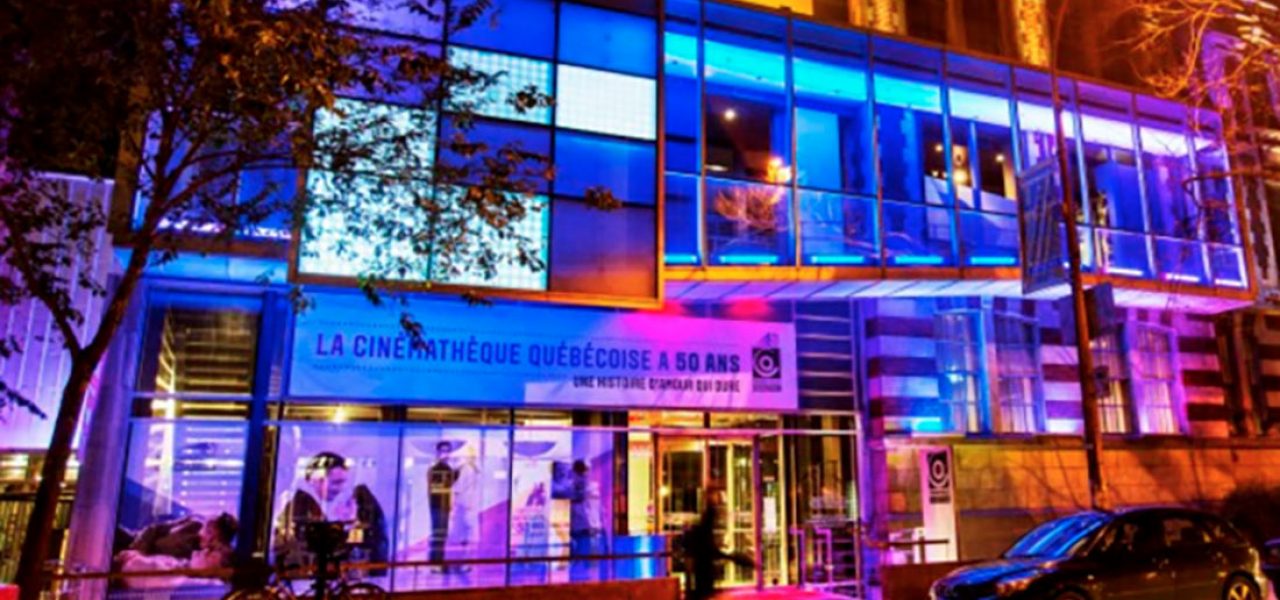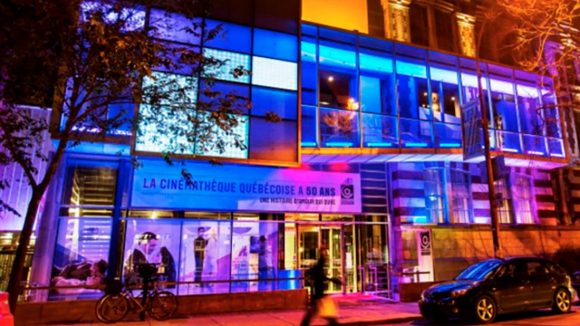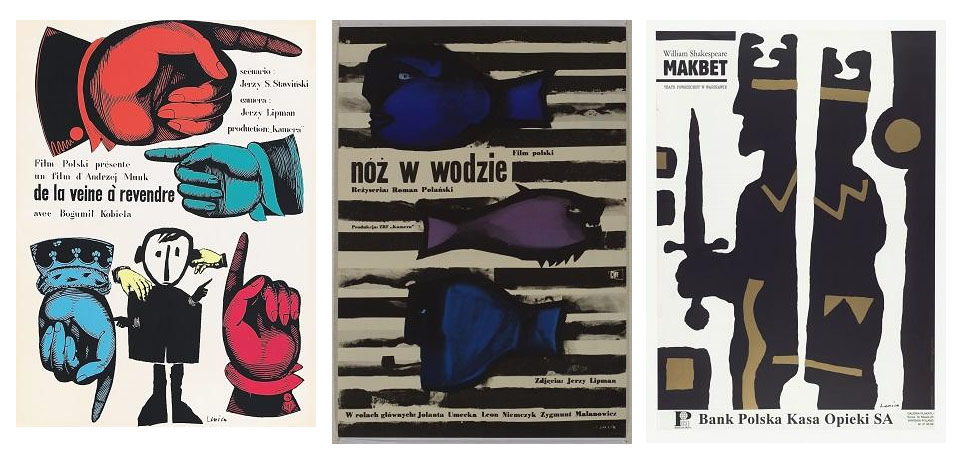

Don’t Miss The Sommets Animation Festival In Montreal This Week
Heading into its 17th year, Montreal’s Sommets du cinéma d’animation has evolved from a modest series of screenings into a full-fledged animation festival that is one of North America’s most interesting and eclectic annual animation events.
The festival starts this Wednesday and runs through Sunday at the Cinémathèque québécoise (335, boul. de Maisonneuve Est).
Organized under the auspices of the Cinémathèque, Sommets deftly mixes historically-savvy programs with screenings and events dedicated to up-and-coming talents. The event’s fluid grasp of animation’s past and present can be attributed to its artistic director, Marco de Blois, who also curates year-round animation programming at the Cinémathèque in his role as the organization’s animation programmer.
In addition to all of the film competition and panorama screenings, Sommets offers a wide variety of programming that are unique to it, such as L’Avenir (The Future), in which animation companies and organizations make quick presentations about their recent activities; the Very Short Films International Competition, a screening of films under two-and-a-half minutes in length; a workshop for filmmakers and creators on how to manage their Wikipedia presence; and in-depth masterclasses, like a five-hour workshop by the directors of Madame Tutli-Putli on the use of music in stop motion/puppet filmmaking.
Here are some of the highlights from the schedule:
- Both the opening and closing night animated features are directed by women filmmakers: The opening night film is Seder-Maschochism by American filmmaker Nina Paley (Sita Sings the Blues) while the closing night film is Chris the Swiss, a powerful animated documentary by Swiss filmmaker Anja Kofmel.
- There are multiple events designed to help filmmakers understand the business side of the art form. One that promises to be quite interesting is a discussion about the challenges of independent film distribution with GKIDS founder Eric Beckman and Luce Grosjean of France’s Miyu Distribution, moderated by NFB executive producer Michael Fukushima. Another intriguing event is the Wikipedia workshop that will teach filmmakers and industry pros how to manage their presence on Wikipedia and its related platforms. Participants in this workshop are invited to bring drawings or archives to be scanned and published directly on Wikipedia.
- L’Avenir (The Future), mentioned above, is a networking event in which different people involved in the animation industry do mini-presentations on their current projects and work-in-progresses. Participants in this year’s session include the Cinémathèque residencies, École NAD, Wapikoni, Logiq, Les Films de l’ampoule, Studio Lightning Boy, ED Films, Alliance Québec, Oasis Animation, GLAS Animation Festival and FIAF Animation First Festival.
- A screening of work by young U.S. independent animators, curated and presented by Jeanette Bonds, director and co-founder of the GLAS Animation Film Festival.
- This year’s three masterclasses are with L.A.-based independent filmmaker Sean Buckelew, Austrian filmmaker Paul Wenninger, and a five-hour session with Montreal icons Chris Lavis and Maciek Szczerbowski aka Clyde Henry Productions (Madame Tutli Putli, Higglety Pigglety Pop) who will discuss the role of music in their stop-motion projects. They’ll be joined by three of the composers who they have worked with over the years.
- Three different exhibition focusing on the art of Frédéric Back (The Man Who Planted Trees, Crac!), the poster art of filmmaker and graphic designer Jan Lenica, and the recent restoration of Winsor McCay’s seminal animated film Gertie The Dinosaur (1914). The latter exhibit will also be supported by a panel about the film’s restoration. Among those present on the panel will be animator Luc Chamberland, who recreated the hundreds of missing McCay drawings that were necessary to complete the restoration, which premiered earlier this year at Annecy.

Posters by Jan Lenica. - To top off the Gertie events, the festival will present Winsor and Gertie (in French), a theatrical piece that introduces McCay to new audiences, showcases his talent as an illustrator, and highlights the significant contribution of vaudeville to the development of early animation. Part public reading and part performance, the 55-minute, two-character presentation incorporates within it the restoration of Gertie the Dinosaur, which was undertaken by the Cinémathèque québécoise and the National Film Board of Canada, in collaboration with the University of Notre Dame in the United States.
For information on screening times and tickets, visit SommetsAnimation.com.
